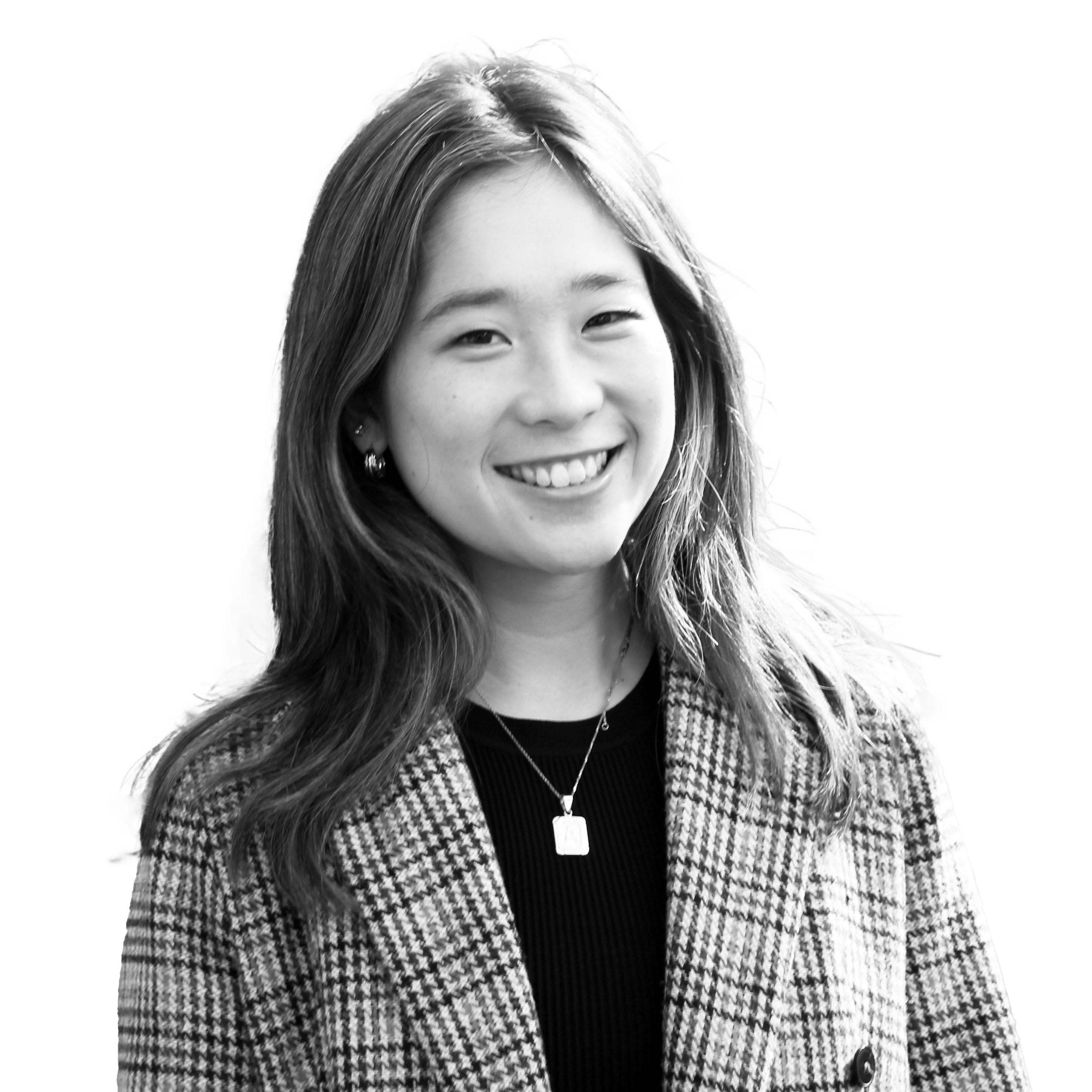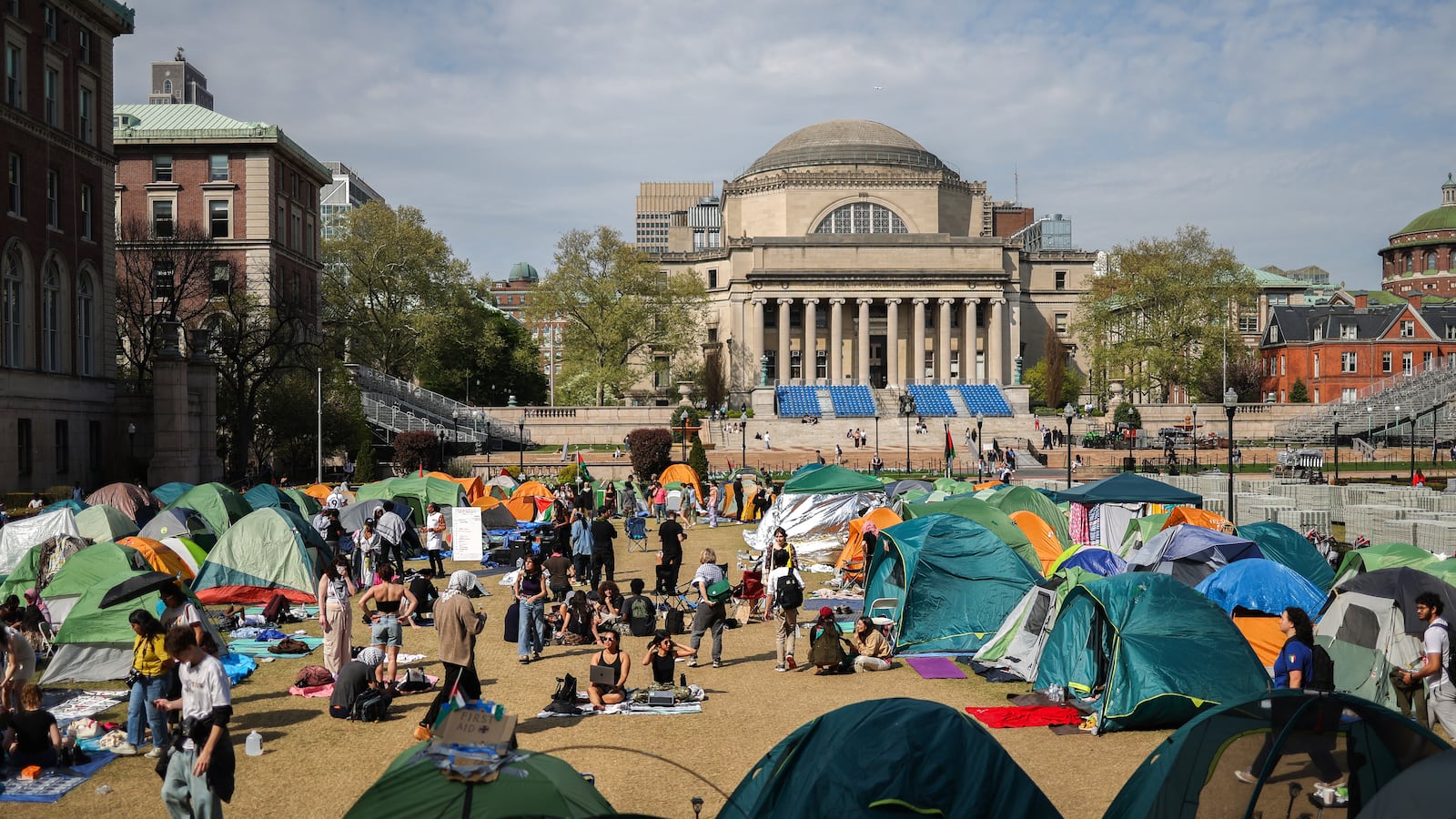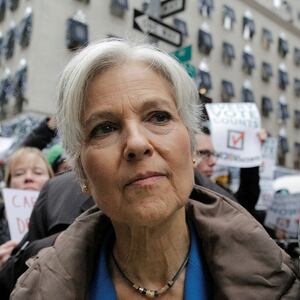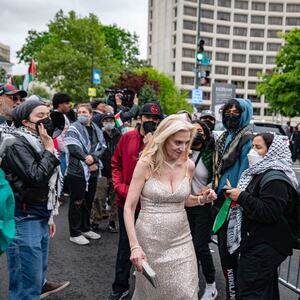Columbia University students are defying the university’s order to disperse and dismantle the “Gaza solidarity encampment.”
In the latest development, protesters occupied a building in the early hours of Tuesday morning, a move that came after the university announced it was suspending students who failed to leave the camp. An anonymous student inside the building told Politico approximately a dozen students were inside Hamilton Hall, though footage published by The New York Times shows a group inside barricading the doors inside as students formed a chain around the building. The Columbia Daily Spectator, the student newspaper, claimed “dozens” had occupied the building.
Footage posted by Columbia University Apartheid Divest, one of the groups behind the encampment, shows dozens of students outside the building chanting, “Free, free Palestine.”
“On the 13th day of the Gaza Solidarity Encampment at Columbia and in lockstep with the organizers of the 1968 uprising, both students and our own members have taken Hamilton Hall, the university’s main administrative building,” another post announced. “This escalation follows yet another sweeping round of threatened suspensions, expulsions, and arrests.”
A university staffer who was inside the building at the time told Politico: “They swarmed the building. I got into a scuffle with a couple of them. They finally let us out.” An NYPD spokesperson declined to comment to the publication.
Columbia President Minouche Shafik had given protesters until 2 p.m. Monday to identify themselves to university officials, sign a commitment to abide by university policies until June 30, 2025, and voluntarily leave the protest, a notice obtained by The Daily Beast revealed. Students who remained past the 2 p.m. deadline would face suspension.
The school’s Vice President of Public Affairs Ben Chang said during a 5 p.m. press conference Monday that Columbia had begun suspending protesters; a punishment that means they won’t be allowed to graduate, or allowed back into university housing, effectively leaving many students homeless.
It was unclear Monday night just how many students were suspended.
Shafik said in an earlier statement Monday that after weeks of demonstrations, protests, and arrests, talks between student protesters and the administration at Columbia University failed to produce a resolution.
Shafik was firm that the university would not divest from Israel—the main goal of the student protest—and told the protesters to pack it up.
“Since Wednesday, a small group of academic leaders has been in constructive dialogue with student organizers to find a path that would result in the dismantling of the encampment and adherence to University policies going forward. Regretfully, we were not able to come to an agreement,” Shafik said.
She added the university was offering to develop an expedited process for student proposals to the university committee that handles divestment and to make it easier for students to get access to a list of Columbia’s direct investments. However, the university did not directly commit to enacting any of these offers, lacking protesters’ cooperation.
The protest could continue on campus, Shafik said, “by application with two-days’ notice in authorized locations” after the university’s study period, exams, and commencement activities finished.
Until then, “we urge those in the encampment to voluntarily disperse,” she added, citing the university’s plans to hold regular graduation ceremonies without disruption.
“We owe it to all of our graduates and their loved ones to honor their achievement. We want to reassure our community who are trying to make plans that we will indeed hold a Commencement,” she said. Concerns about graduation were exacerbated last week when the University of Southern California canceled first its valedictorian speech, then all outside speakers, and finally its main commencement ceremony over “safety concerns” from the protest.
Columbia Students for Justice in Palestine, the other organizer of the protest encampment, slammed the university’s stance and vowed to continue its fight until “complete divestment” is realized.
“Our school is asking students to give away their protest rights and to operate within the confines of bureaucracy with no assurances of binding divestment decisions,” SJP wrote in an Instagram post on Sunday night, before Shafik’s community message was released. Its carousel outlined each of the university’s offers and explained why SJP chose not to agree.
“They seek to push us into a bad deal by holding the threat of campus closure or law enforcement over our heads,” SJP added. It was unclear whether the university was considering the use of police to break up the encampment, as it did on April 18.
“We refuse to accept a deal that trades in the blood of Palestinians. We will not concede our demands for anything less than complete divestment from the genocide of the Palestinian people.”
Columbia was the epicenter of the student-led pro-Palestinian movement, which has led to dozens of encampments at college campuses from Los Angeles to Boston and around the world.
Although none of the protests have yielded total divestment from Israel at their respective institutions, protesters at Portland State University secured a significant win over the weekend. The university announced it would pause accepting donations from Boeing, which supplies arms to both Israel and the U.S. military.







